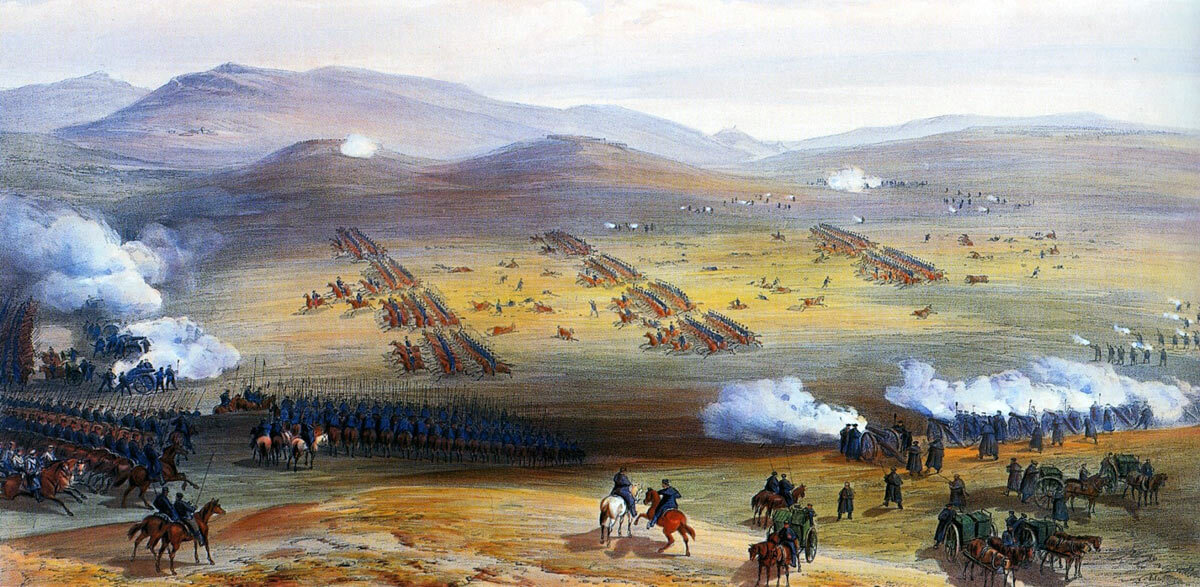

Crimean War The Charge of the Light Brigade: it was Lucan who gave the order to Cardigan to lead the charge.Īt the outbreak of the Crimean War, Lord Lucan applied for a post and was made commander of the Cavalry Division. For this, Lord Bingham earned the hatred of many Irishmen and became known as "The Exterminator." He was promoted to major general on 11 November 1851. He even insisted on closing the workhouse in Castlebar at the height of the Famine. Famously stating that he "would not breed paupers to pay priests," he demolished over 300 homes and evicted 2,000 people in Ballinrobe between 18. During the Great Famine in the late 1840s, he was ruthless and introduced mass evictions from villages such as Ballinrobe. Lord Bingham succeeded his father as 3rd Earl of Lucan in the Peerage of Ireland on 30 June 1839 and, having become an Irish Representative Peer in June 1840 and having been promoted to colonel on 23 November 1841, he became Lord Lieutenant of Mayo in 1845. During the Russo-Turkish War, which began in 1828, he acted observer with the Imperial Russian Army. He was also elected as MP for County Mayo in 1826 and held that seat until 1830. He transferred to the 17th Lancers on 1 December 1825 and became commanding officer of the regiment with the rank of lieutenant colonel on 9 November 1826 he lavished such expense on his officers' uniforms and horses that the officers became known as "Bingham's Dandies". Lord Bingham became a lieutenant in the 8th Regiment of Foot on 20 January 1820, a captain in the 74th Regiment of Foot on and was promoted to major, unattached, on 23 June 1825. He transferred to the 11th Light Dragoons on 24 December 1818. Life and military career George, Lord Bingham, at age 14īorn the first son of Richard Bingham, 2nd Earl of Lucan, an Anglo-Irish peer, and Elizabeth Bingham (née Belasyse), Lord Bingham (as he was styled up until late June 1839) attended Westminster School but left formal education to be commissioned as an ensign in the 6th Regiment of Foot on 29 August 1816. He also came up with a solution that allowed Jews to sit in Parliament. Lord Lucan was a ruthless landlord during the Great Famine in Ireland, evicting thousands of his Irish tenants and renting his land to wealthy ranchers. He was subsequently promoted to field marshal. He was one of three men, along with Captain Nolan and Lord Raglan, responsible for the fateful order during the Battle of Balaclava in October 1854 that led to the Light Brigade commander, The Earl of Cardigan, leading the Charge of the Light Brigade. George Charles Bingham, 3rd Earl of Lucan, GCB (16 April 1800 – 10 November 1888), styled Lord Bingham before 1839, was an Anglo-Irish aristocrat and British Army officer. Commander of the Legion of Honour (France).Order of the Medjidie, First Class (Ottoman Empire).Knight Grand Cross of the Order of the Bath.Its lines emphasise the valour of the cavalry in bravely carrying out their orders, regardless of the nearly inevitable outcome.

The events were the subject of Alfred, Lord Tennyson's narrative poem "The Charge of the Light Brigade", published just six weeks after the event. The Light Brigade reached the battery under withering direct fire and scattered some of the gunners, but they were forced to retreat immediately, and the assault ended with very high British casualties and no decisive gains.

However, there was miscommunication in the chain of command and the Light Brigade was instead sent on a frontal assault against a different artillery battery, one well-prepared with excellent fields of defensive fire. Lord Raglan had intended to send the Light Brigade to prevent the Russians from removing captured guns from overrun Turkish positions, a task for which the light cavalry were well-suited. The Charge of the Light Brigade was a failed military action involving the British light cavalry led by Lord Cardigan against Russian forces during the Battle of Balaclava on 25 October 1854 in the Crimean War.


 0 kommentar(er)
0 kommentar(er)
